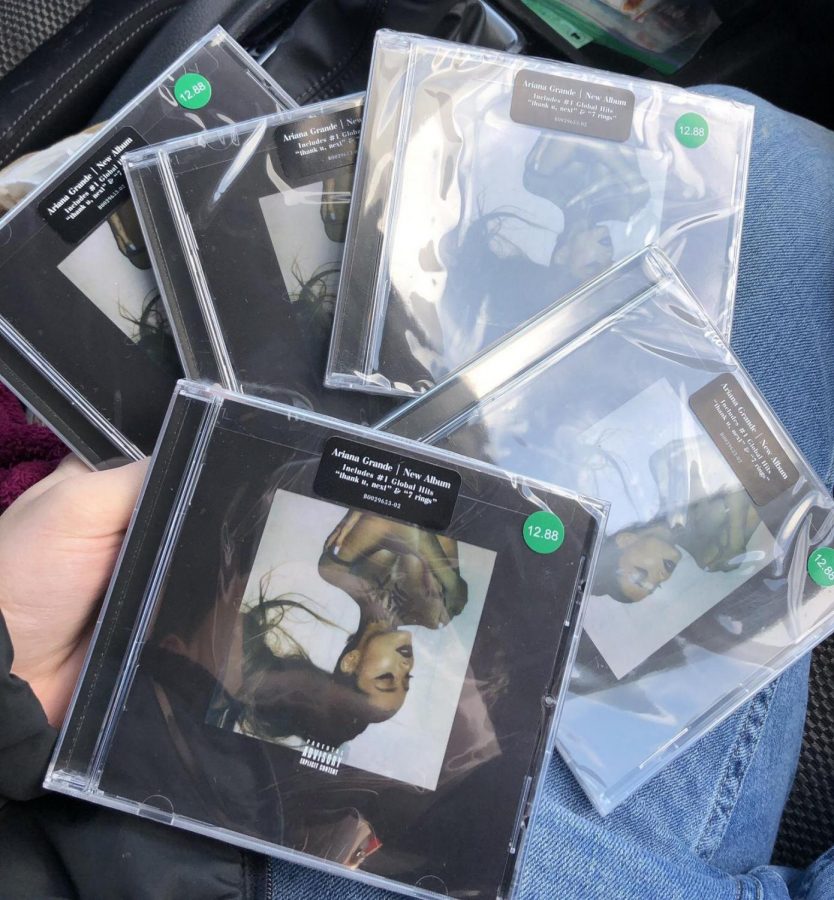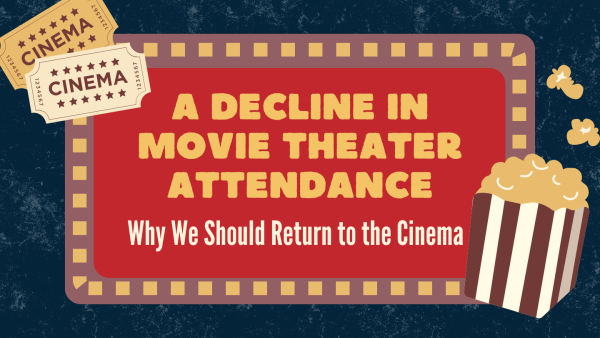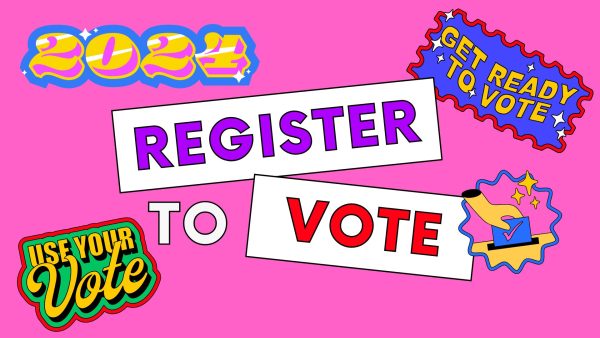A Grande Mistake
Should Ariana Grande’s incorrectly translated Japanese tattoo be considered cultural appropriation?
Photo by @sevenringstan (with permission via Twitter)
Ariana Grande released her new album, “Thank U, Next,” on February 8th and her fans are still supporting her as an artist despite her recent controversy. The 12-track project reflects not only Ariana’s strength through her many hardships, including the death of her ex-boyfriend and her break-up with her ex-fiancé, but it also shows her appreciation to the many people who stuck by her through hard times.
In these first few weeks of 2019, pop superstar Ariana Grande as been the most talked about on many social media platforms, primarily due to the anticipation of her new album, “Thank U, Next” scheduled to be released on February 8th. However, it seems as if people are more concerned with Grande’s new tattoo than her new music, especially since her tattoo has a major translation error.
Grande has made it clear that she adores the Japanese culture, often posting pictures of her learning the language or enjoying other aspects of the culture. She has also expressed interest in moving to Japan in the future. On January 29th, Ariana posted a picture of her new Japanese inspired tattoo to her Instagram, sending social media into an uproar.
Ariana decided to get Japanese writing on the palm of her hand, one of the most painful places to get a tattoo. The intent of the tattoo was to honor her newest single “7 Rings,” by getting the title tattooed on her palm in Japanese character symbols known as Kanji. However, because of the unbearable pain, she was not able to finish the tattoo, causing a significant mistranslation of the symbols.
The combination of the symbols Ariana was able to get done translates to “Shichirin,” which translates to “Japanese style bbq grill.” While some people would find this translation funny as it is completely far fetched from what she wanted the tattoo to translate to, many social media users are outraged and are accusing Ariana of cultural appropriation.
Many have claimed that Ariana does not know the difference between cultural “appreciation” and “appropriation,” as Ariana has used her love for the Japanese culture as an excuse to have the misspelled tattoo.
She responded on Twitter on February 2nd, “I can’t read or write kanji obviously. What do you want me to do? It was done out of love and appreciation. What do you want me to say?”
She also responded saying “there is a difference between appropriation and appreciation… all of the merch with Japanese on it was taken down from my site not that anyone cared to notice.” Both tweets have since been deleted and she has decided to stop learning Japanese.
However, even after her explanation, many people are still not satisfied, claiming that her response tried to force guilt onto the people accusing her of cultural appropriation, with one fan saying, “Ariana Grande’s tattoo is cultural appropriation and super disrespectful to Japanese people/ their language. It’s a harmful tattoo…”
She has since removed her picture of the tattoo from her Instagram and added another symbol to her palm with the hopes of changing the meaning to “7 Rings.” Unfortunately, since Japanese is read vertically from top to bottom and then right to left, her placement of the symbol beneath the preexisting characters only changed the translation to “Japanese bbq finger.” If read left to right, the way English is read, then the tattoo would translate to “7 Rings.”
Since the tattoo was written in Japanese, it should be read exactly how Japanese is intended to be read, which means her tattoo is still incorrect. She should have done her research before getting the tattoo to prevent being disrespectful to an entire culture.
It seems as if Ariana’s love for Japanese culture has been used as an excuse for her tattoo, despite how offensive it is to people who are actually Japanese. There is a deep history of people, especially those who are Caucasian, taking elements of cultures they do not belong to and turning it into something trendy.
However, those who are actually a part of the culture may be made fun of or ridiculed for doing the same thing before it was a trend. There have been many people, regardless of where they are from, that have been targeted for speaking a language other than English. It is not fair for celebrities to be admired for speaking that same language when there are still people who are not accepted for it.







